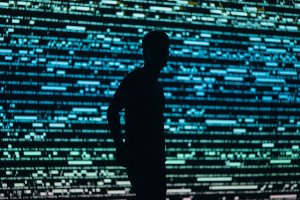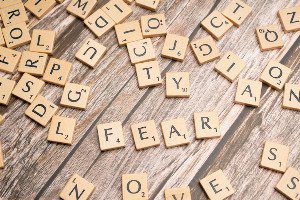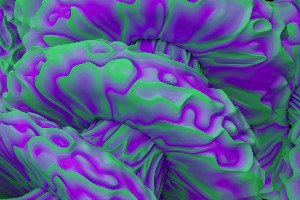Maria Sammarro, Silvestro Malara
MR. ERROR AND THE DEMOCRATIC POSSIBILITIES OF THE PEDAGOGY OF ERROR
Introduction
Mr. Error and the democratic possibilities of the pedagogy of error. Explore Gianni Rodari's pedagogy of error, highlighting its democratic potential. Error becomes a creative tool for inclusive learning, fostering self-correction, skill development, and peace.
Abstract
Gianni Rodari perfects the collective in education, within the evaluation of the experience of error. Thought explores semiotics, gaming, even neuroscience. The error becomes a creative tool, in relation to the systemic-procedural reading of inclusion, to the promotion of environments in which learning is functional and activates participation in educational action.The Rodarian teacher, who has absorbed Freinet's incorrect techniques, validates the role in intuition and self-correction, considers the self-educating aspect and, finally, reads the error within a universal planning, which becomes capable of distinguishing between error and errant, underlining that overcoming the error favors individual growth, the development of skills, cohesion and peace between individuals.
Review
The article, "MR. ERROR AND THE DEMOCRATIC POSSIBILITIES OF THE PEDAGOGY OF ERROR," presents a compelling theoretical framework for rethinking the role of error in educational settings. Drawing significantly from Gianni Rodari's work, the abstract proposes error as a creative and constructive tool, rather than solely a mark of failure. This perspective is particularly relevant for fostering inclusive environments where learning is functional and actively encourages participation in the educational process. The central argument, that error holds democratic possibilities, is an intriguing and timely proposition in contemporary pedagogical discourse. A notable strength highlighted in the abstract is its interdisciplinary approach, integrating insights from semiotics, gaming, and even neuroscience to deepen the understanding of error. The explicit connection to Rodari's philosophy, augmented by Freinet's techniques, grounds the pedagogy in established progressive traditions, emphasizing the teacher's role in nurturing intuition and self-correction. The abstract effectively conveys the transformative potential of this approach, specifically in its aim to distinguish between "error and errant," and linking the successful navigation of error to individual growth, skill development, and ultimately, greater cohesion and peace among individuals. While the abstract articulates a powerful vision, it also prompts questions regarding the practical application and operationalization of this pedagogy. The concepts of "Mr. Error" and "universal planning" are evocative but require further elaboration within the full paper to clarify their concrete manifestation in classroom settings. Given the ambitious claims concerning "cohesion and peace," the article would greatly benefit from detailing the specific pedagogical strategies and contextual examples that illustrate how this "pedagogy of error" translates into such profound societal outcomes. Further development could explore the methodological underpinnings that bridge these rich theoretical insights with tangible educational practice.
Full Text
You need to be logged in to view the full text and Download file of this article - MR. ERROR AND THE DEMOCRATIC POSSIBILITIES OF THE PEDAGOGY OF ERROR from ITALIAN JOURNAL OF HEALTH EDUCATION, SPORT AND INCLUSIVE DIDACTICS .
Login to View Full Text And DownloadComments
You need to be logged in to post a comment.
Top Blogs by Rating
Invisible Validators: Unlockin...
By Sciaria
The Silent Architect: Unveilin...
By Sciaria
Reconnecting with Yourself: Ho...
By Sciaria
Favorite Blog
The Brain's Ultimate Illusioni...
By Sciaria
Unlocking the Unspoken: The Nu...
By Sciaria
Decoding the Digital Matrix: U...
By Sciaria





